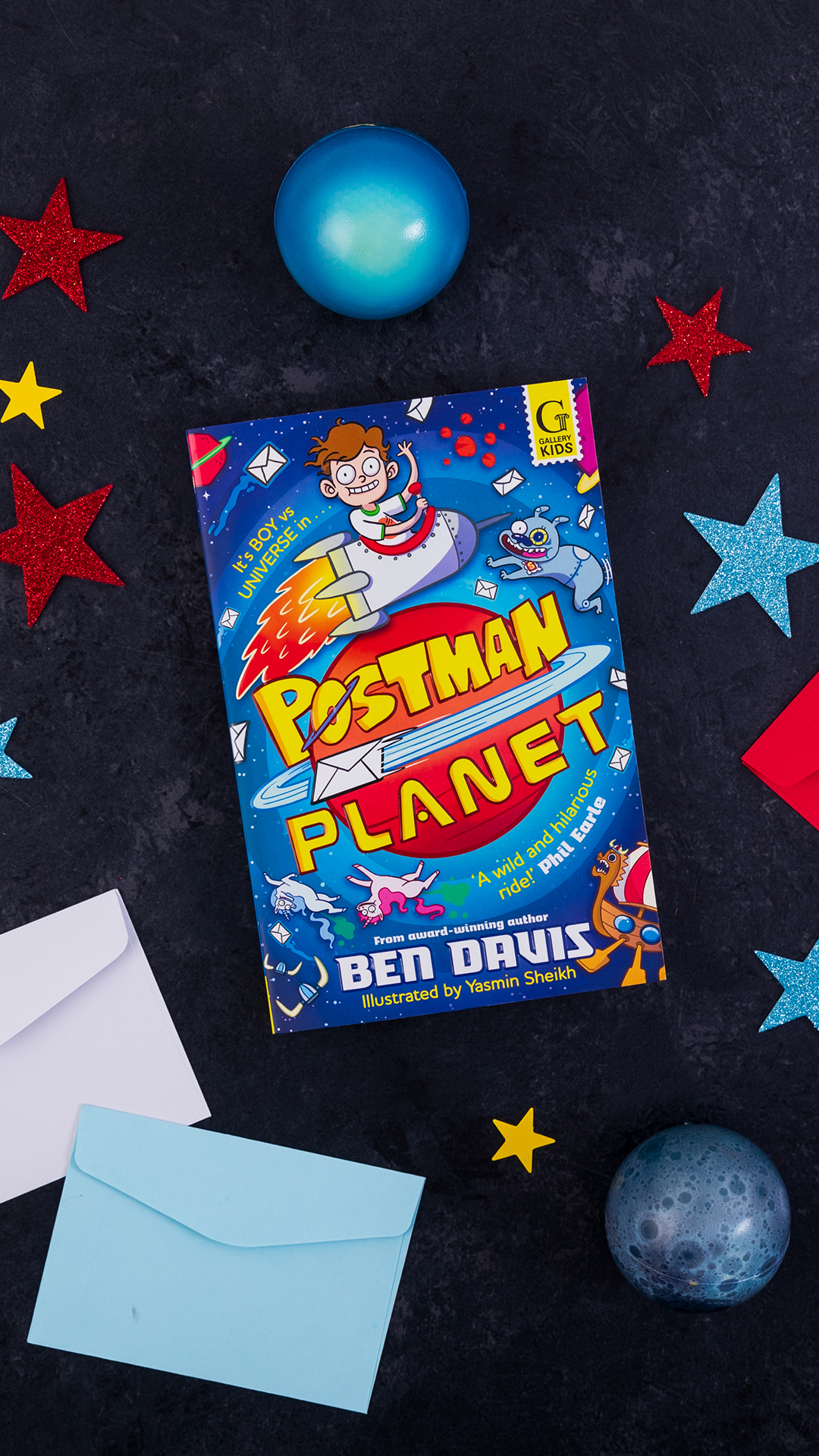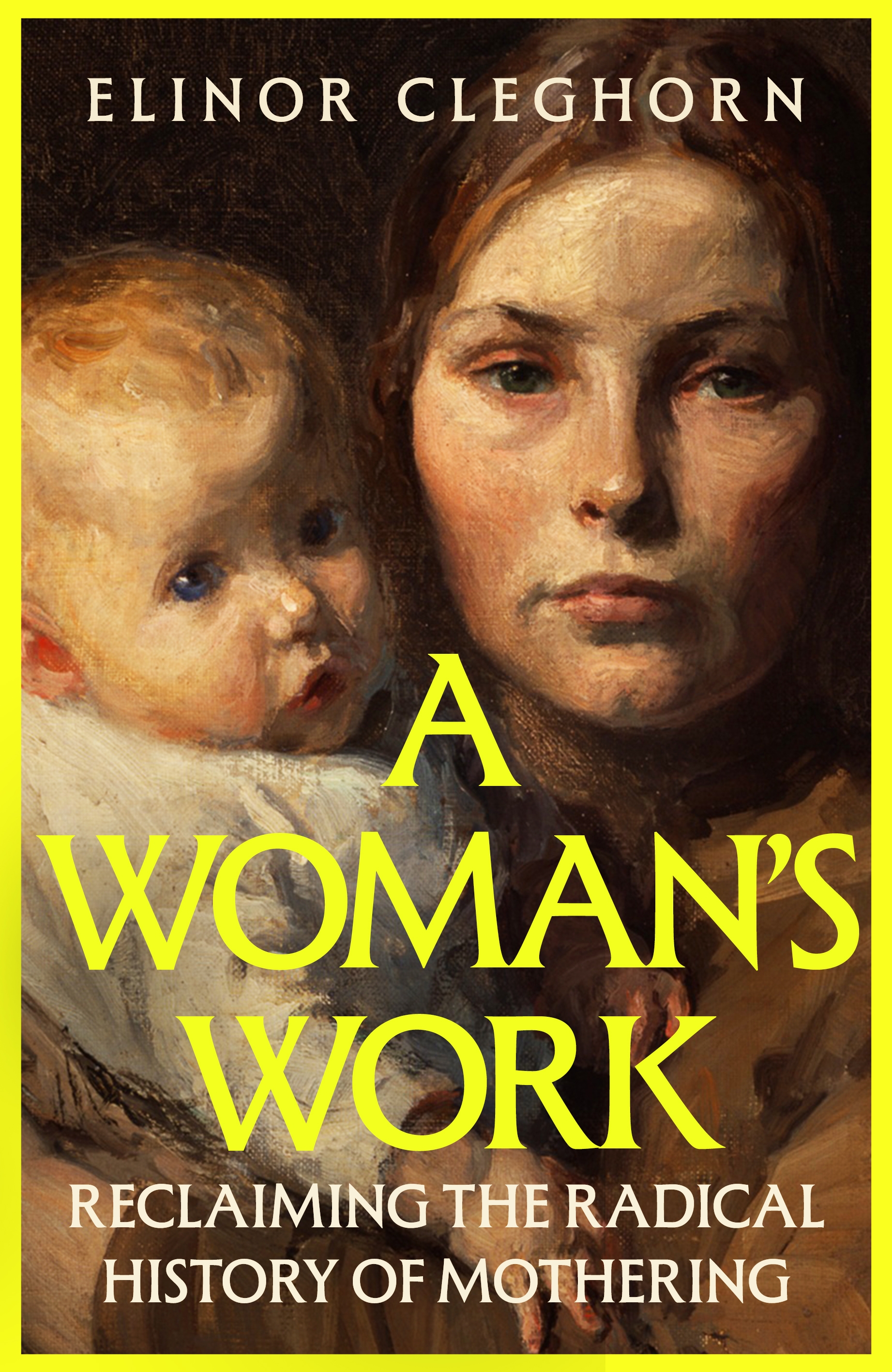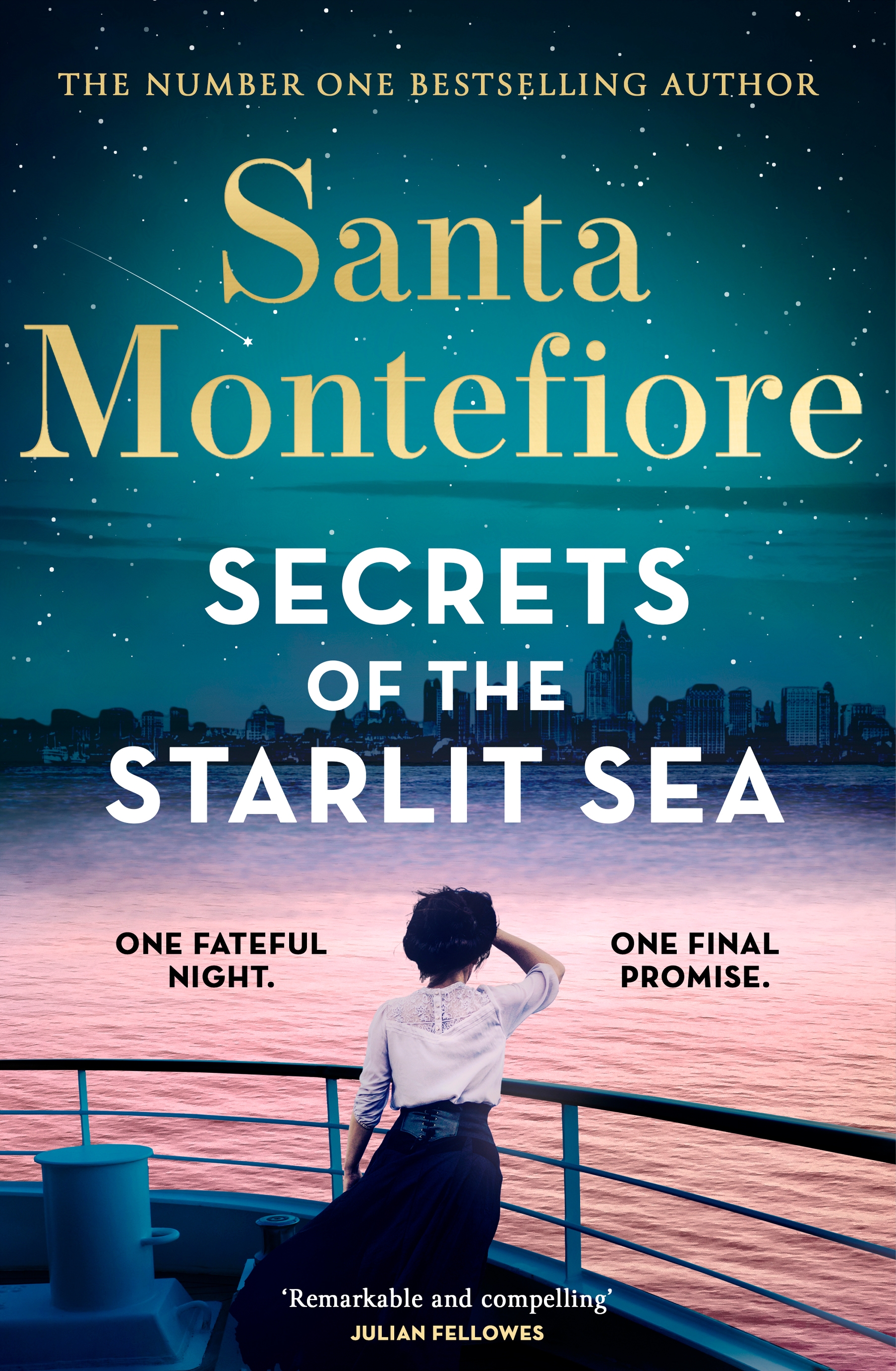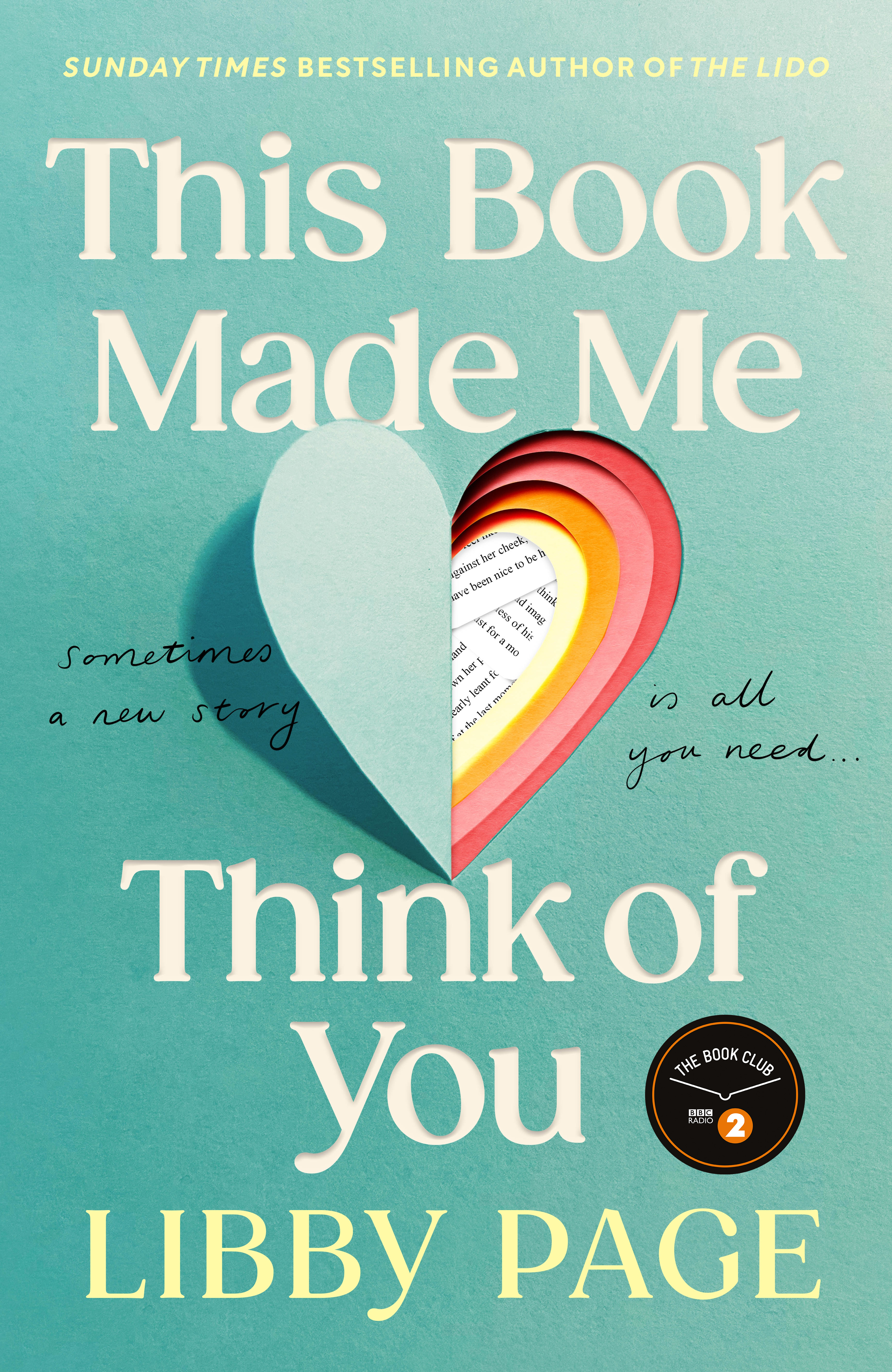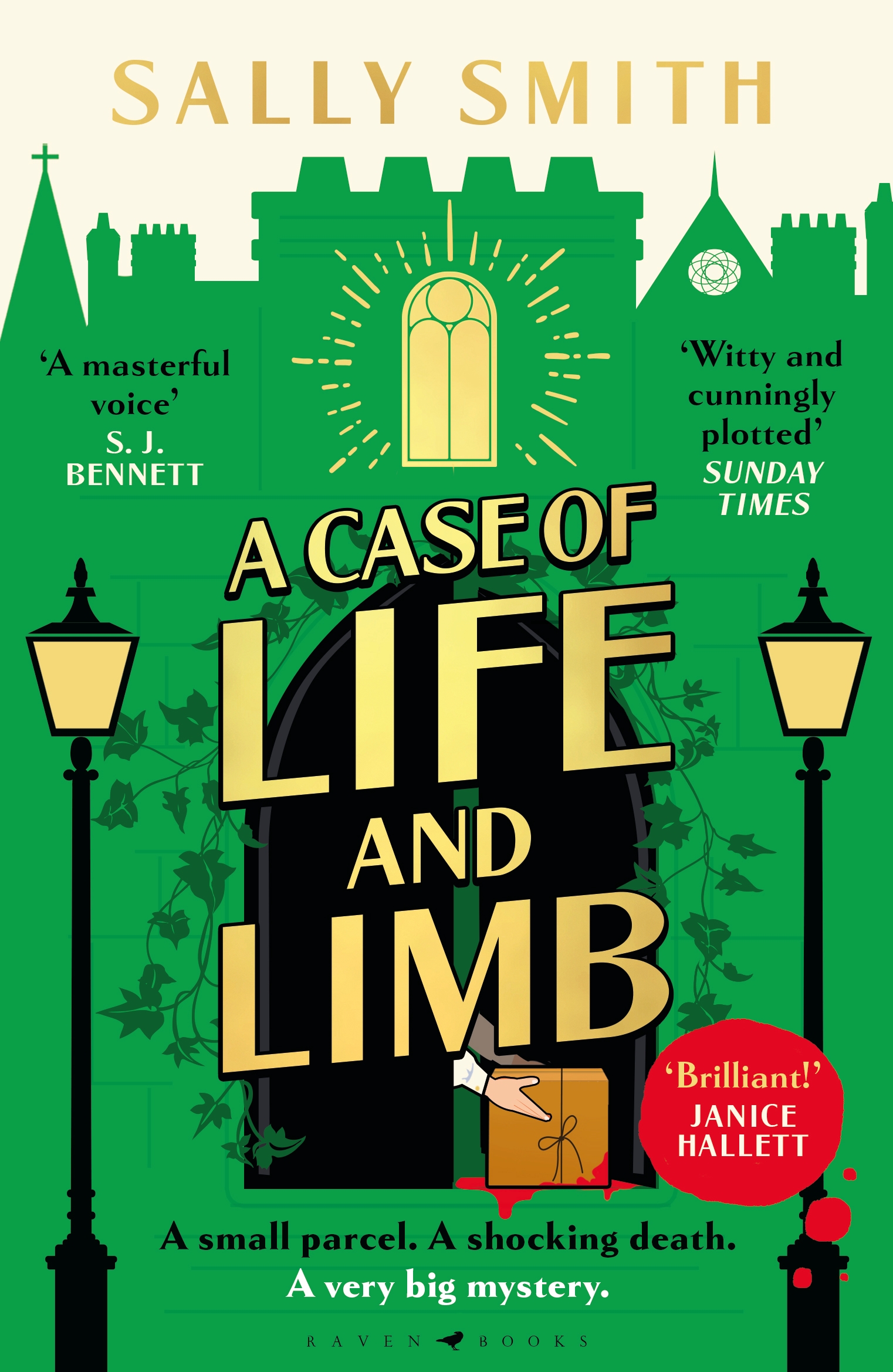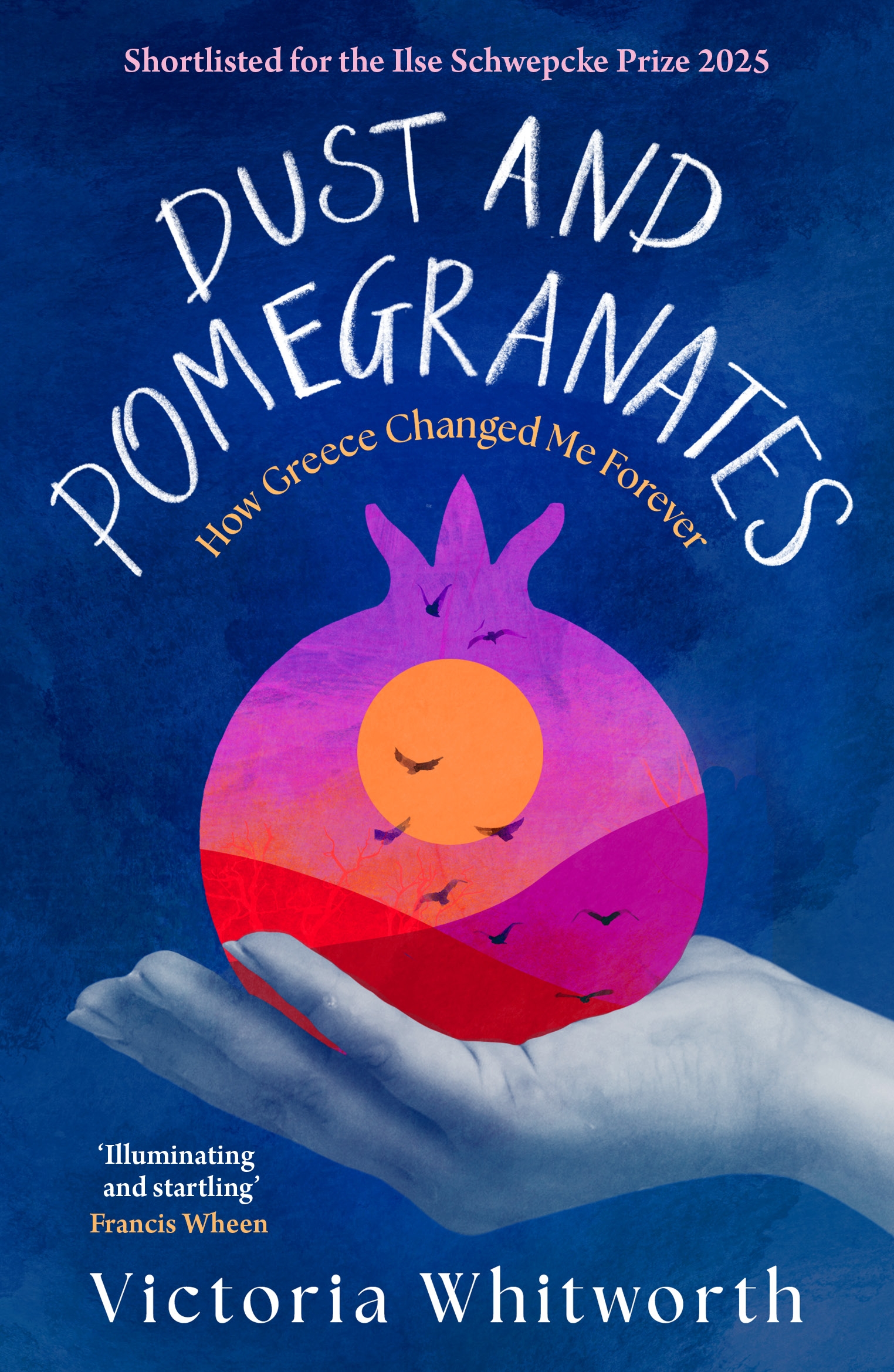Orbital: A Novel (Booker Prize Winner)

As seen:
Reviews
was so moved by this book, particularly on rereading. There's just so much in this slim volume that makes me feel 'uplifted' (as quoted in the Guardian article), despite it containing so much grief. Reading for the second time let me slow down and just let the gorgeous, evocative prose sort of wash over me, without vaguely wondering if anything was going to 'happen' to all the vignettes of plot - spoiler alert: not really.
What Samantha Harvey has done is write an ode to the earth, our one precious earth, and at the same time, a mourning of the loss of the ISS, which is connected to so many other losses - one astronaut's mother dies while they are in orbit; another wishes he had divorced his wife decades ago; the sacrifice that being an astronaut entails, and the grief at lost relationships; a snippet of a depressed woman communicating with one of the cosmonauts (two of the six onboard are Russian); the loss of belief in parents, the way you parent your own children, and the loss of innocence of childhood; and, most poignantly, the environmental degradation that can be seen or not seen, depending on your perspective.
This novella that doesn't-quite-fit-a-neat-genre, seems to focus a lot on perspective. It's set during a 24-hour period, but they see the sun rise every ninety minutes. There are carefully set protocols for how to behave whilst in orbit, keeping their own timezone to (essentially) prevent insanity, whilst being aware that time is simply a human construct. There is an atheist astronaut and a creationist cosmonaut, and they find that their only true point of difference rests on the suffix to the word 'heed.' Whether the beauty and miracle of the entire universe is heedful, or heedless. That really played around in my head...
“Is that all the difference there is between their views, then – a bit of heed? Is Shaun’s universe just the same as hers but made with care, to a design? Hers an occurrence of nature and his an artwork? The difference seems both trivial and insurmountable.”
The prose is simply delicious - maybe you'd call it purple prose, but it was stunning. Although their sixteen orbits could be repetitive, Harvey finds new and surprising ways to describe the earth each cycle; the colours of the land and sea were particularly remarkable; I never thought of describing the earth in purple and teal and silver tones, and the sea as magenta, marbled, pink... Though cyclical, it is never rehashed - there is always something new to say and see.
So much hope, and potential for despair, in this slim volume.
‘Our lives here are inexpressibly trivial and momentous at once…Both repetitive and unprecedented. We matter greatly and not at all. To reach the pinnacle of human achievement only to discover that your achievements are next to nothing and to understand this is the greatest achievement of any life, which itself is nothing, and also much more than everything.'
Orbital may be a meditation on the vast expanse of the wondrous earth but it is ironically closeted within a small tin box - the minutiae of the astronauts' lives are also fascinating. (How they sleep like bats; the idea of there being a 'Russian' toilet and an 'international toilet'; the endless and monotonous tasks they have to perform daily; the mice they are observing; the feelings of deja vu on spacewalks; the reflection on small things like a postcard of Velázquaz' painting Las Meninas and who is this subject; the number of pairs of underwear they're allowed due to weight... so many details that make you feel as if you know these people and their situation, whilst it being simultaneously so absurd and alien...)
Not an easy book to review - and I've seen a fair few reviews comment it's just 'boring', due to lack of conventional 'plot' (although I would argue that 'plot' is not a prerequisite for a novel, or for something to hold your interest - but I would read it again, slowly and deliberately, savouring the smallness and vastness within. A very worthy Booker winner.
(and a very poor review - sorry!)
